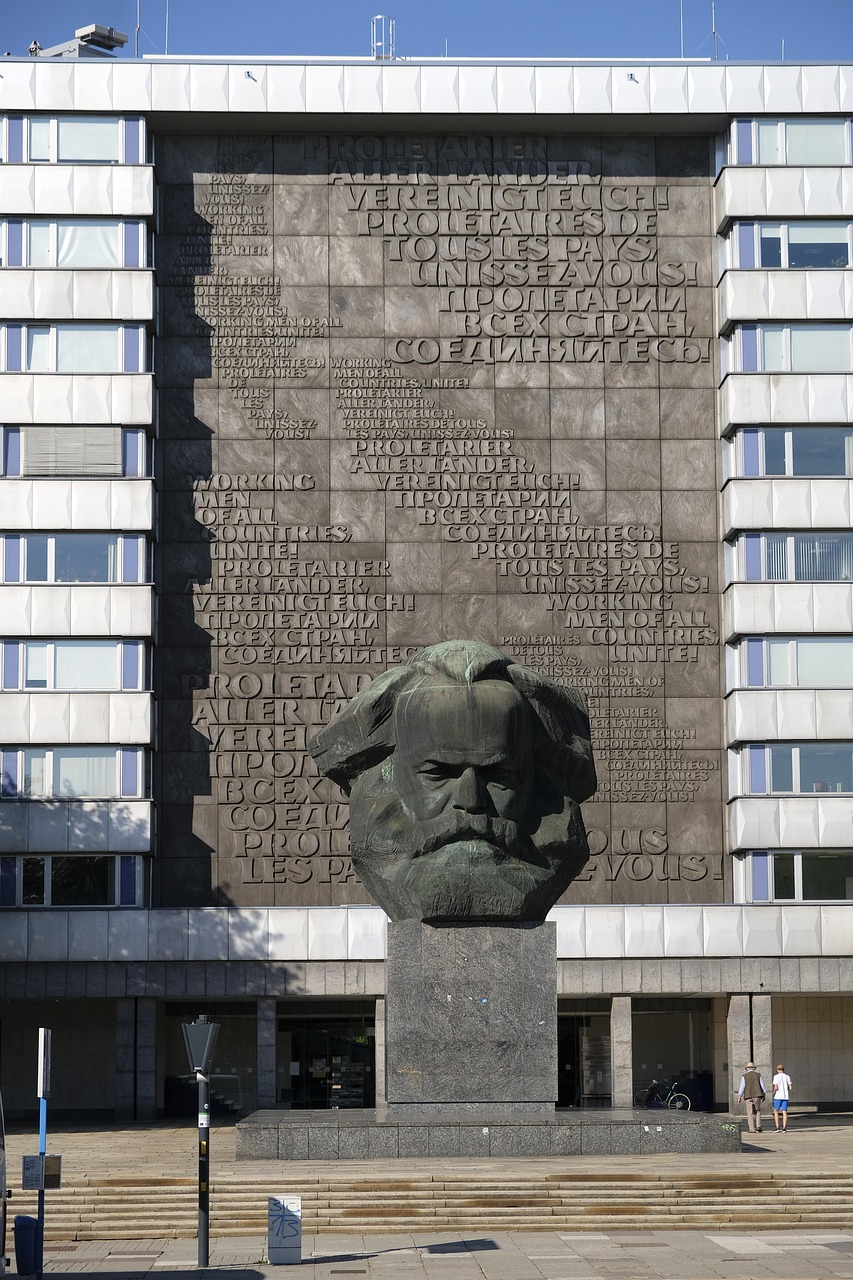Exceptional times require exceptional measures. Governments across Europe are introducing unprecedented policies to minimise the spread of Covid-19 and to support individuals and businesses. Some authoritarian governments, however, are using the pandemic to advance their own political goals and massively expand state powers. And regardless of the extraordinary nature of the crisis, autocrats simply cannot be left alone to tighten their grip on power – especially when this is happening in a member state of the European Union.
Hungary – along with Poland – has long been the black sheep of the EU when it comes to respecting the rule of law and liberal democratic foundations. The shaky grounds have been further eroded as a result of a bill the Hungarian parliament passed on the 30 March. The legislation is meant to outline the measures that aim to slow the spread of coronavirus. In reality, it goes much further than that, potentially giving unlimited powers to the prime minister for the foreseeable future.
The bill suspends the Hungarian parliament indefinitely, with governance replaced with a direct “rule by decree” by the prime minister, Viktor Orbán. In effect, this means that he will be able to introduce and disregard any type of legislation for an unlimited period of time. The speaker of the national assembly and the leaders of the political parties sitting in parliament will be “informed” about these decisions, but they will not have any power to influence them. The constitutional court will remain functional and have oversight of the decrees introduced by the prime minister, but Orbán has had 10 years to fill the court with friendly judges, meaning they will likely continue assisting him in his endeavours.
The fears about the future misuse of power are further exacerbated by the rest of the bill. The proposed legislative changes would enable the “suspension of certain laws and take extraordinary measures in the interest of guaranteeing the stabilisation of the lives, health, personal and material security of citizens, as well as the economy.” These extraordinary measures include three crucial points.
First, an outright ban on all elections and referendums, including by-elections in the event of a member of a parliament dying or being otherwise unable to fulfil their duties. Second, anyone who disrespects the quarantine orders can be punished with a five-year prison sentence – eight years if the actions can be linked to someone’s death. Third, anyone who spreads lies or “true statements in a distorted manner” that might interfere with the “successful protection” of the public – or that could alarm or agitate that public – could be punished by up to five years in prison.
These extraordinary measures would be a worrying sign in a well-functioning democracy as well, but Hungary is very far from being one. Under the premiership of Viktor Orbán, Hungary has dropped faster in the Freedom House Index than any other country on the globe besides a group of seven which included Venezuela, Turkey and the Central African Republic.
Orbán’s premiership has been infamous in the past decade for effectively rolling back the liberal democratic foundations of his country. The public broadcaster is a 24/7 party propaganda machine for the government, and private media organisations are in the hands of government-friendly oligarchs, meaning that dissenting voices are scarce, except for a few online media outlets.
The ruling party adopted a one-party constitution in 2012 which has been modified seven times since, based on the momentary political interests of Orbán. The constitutional court, filled by friendly judges of the government, has never posed any serious threat to the power of the ruling party, nor have the opposition parties, whose abilities have been severely curtailed.
The government’s reaction to the pandemic was bound to be centred around gesture politics instead of real measures. The latter is much more difficult to realise in a country with an over-centralised healthcare system that was already gradually collapsing before the pandemic. Maintaining the image of competent governance will require even more fake news, even harsher measures to oppress dissenting voices, and even more centralised power than Orbán has had so far.
Some of these measures will not seem as extraordinary in the current climate as they would have two months ago. Other European countries are also introducing policies that severely curtail civil liberties in order to fight the pandemic. Although time-limited, strictly supervised extraordinary measures are understandable in times of unprecedented crisis, the proposals of the Hungarian government go far beyond that.
Orbán already had a much tighter grip on power before the corona crisis than any of his fellow European prime ministers. But like any good authoritarian, he saw an unmissable opportunity to further consolidate his power. As European governments are battling the pandemic and EU institutions are preoccupied with maintaining the flow of goods between their member states, a small country with a problematic leader is the least of their worries. They might be right, but Hungary’s actions have set a dangerous precedent for the EU.
The unwillingness and inability of EU leaders to stop financing the authoritarian government of Hungary in good times will come back to bite them much harder now during an unprecedented crisis. As Hungary makes the next step towards further deepening its autocratic governance, European leaders should rethink their relationship with Hungary and the financial assistance they provide for authoritarian leaders within the EU.















